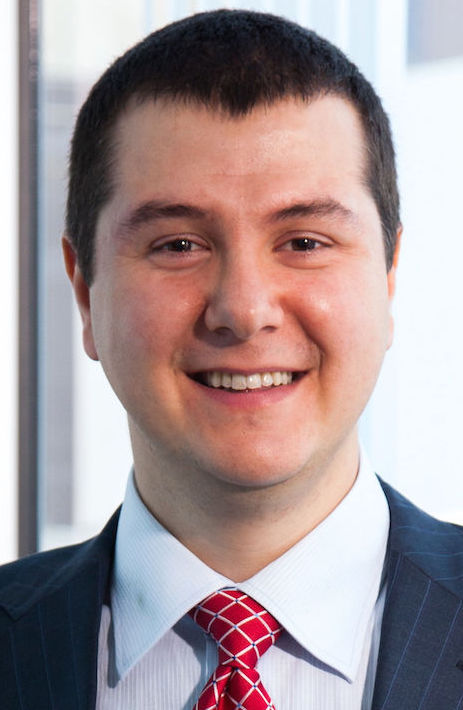Spring ’24 CSC@USC/CommNetS-MHI Seminar Series
 |
Nikolay Atanasov,
University of California, San Diego
|
Abstract
This seminar will discuss mobile robot autonomy in novel, unstructured, changing environments. It will argue that successful generalization requires motion, environment, and task models that can be constructed and adapted from streaming sensor observations and interaction among multiple robots. Four elements of generalizable mobile robot autonomy will be presented: 1) physics-informed motion-model learning using neural ordinary differential equations, 2) online mapping using object and semantic information, 3) multi-robot coordination using distributed optimization, and 4) task modeling and planning using automata labeled with object semantics.
Biosketch
Nikolay Atanasov is an Assistant Professor of Electrical and Computer Engineering at the University of California San Diego, La Jolla, CA, USA. He obtained a B.S. degree in Electrical Engineering from Trinity College, Hartford, CT, USA in 2008, and M.S. and Ph.D. degrees in Electrical and Systems Engineering from University of Pennsylvania, Philadelphia, PA, USA in 2012 and 2015, respectively. Dr. Atanasov's research focuses on robotics, control theory, and machine learning with emphasis on active perception problems for autonomous mobile robots. He works on probabilistic models and inference techniques for simultaneous localization and mapping (SLAM) and on optimal control and reinforcement learning techniques for autonomous navigation and uncertainty minimization. Dr. Atanasov's work has been recognized by the Joseph and Rosaline Wolf award for the best Ph.D. dissertation in Electrical and Systems Engineering at the University of Pennsylvania in 2015, the Best Conference Paper Award at the IEEE International Conference on Robotics and Automation (ICRA) in 2017, the NSF CAREER Award in 2021, and the IEEE RAS Early Academic Career Award in Robotics and Automation in 2023.
Acknowledgement: seminar series is supported by the Ming Hsieh Institute and Quanser.
